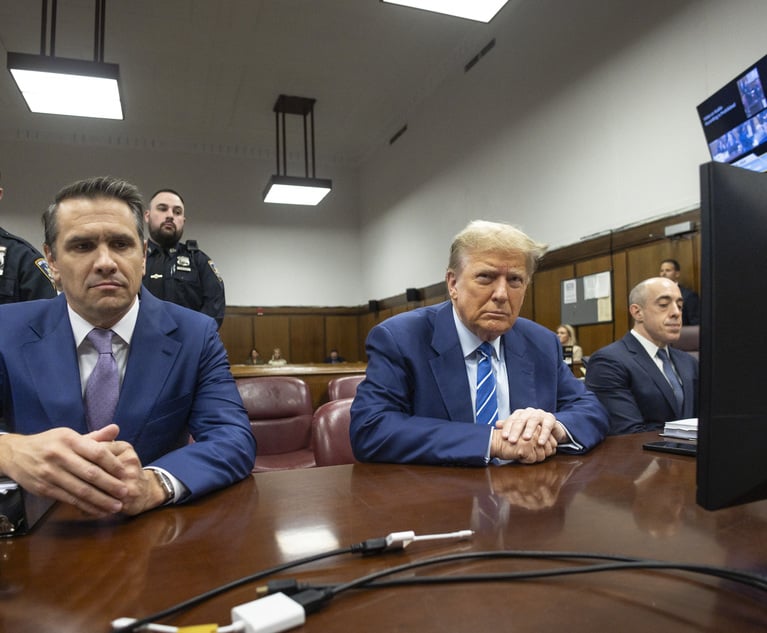U.S. Deputy Attorney General Rod Rosenstein on Thursday eased the Justice Department’s “all or nothing” approach to assessing cooperation in civil cases, announcing revised policies that give prosecutors more discretion to award credit to companies even when they do not identify every employee who might be potentially culpable.
“The most important aspect of our policy is that a company must identify all wrongdoing by senior officials, including members of senior management or the board of directors, if it wants to earn any credit for cooperating in a civil case,” Rosenstein said in remarks in Washington, D.C., at the 35th International Conference on the Foreign Corrupt Practices Act. “If a corporation wants to earn maximum credit, it must identify every individual person who was substantially involved in or responsible for the misconduct.”

 Rod Rosenstein, Deputy Attorney General at the U.S. Department of Justice, speaks October 2017 at the 18th Annual Legal Reform Summit, held at the U.S. Chamber of Commerce. Credit: Diego M. Radzinschi / NLJ
Rod Rosenstein, Deputy Attorney General at the U.S. Department of Justice, speaks October 2017 at the 18th Annual Legal Reform Summit, held at the U.S. Chamber of Commerce. Credit: Diego M. Radzinschi / NLJ








